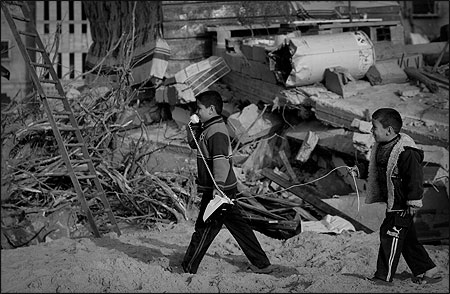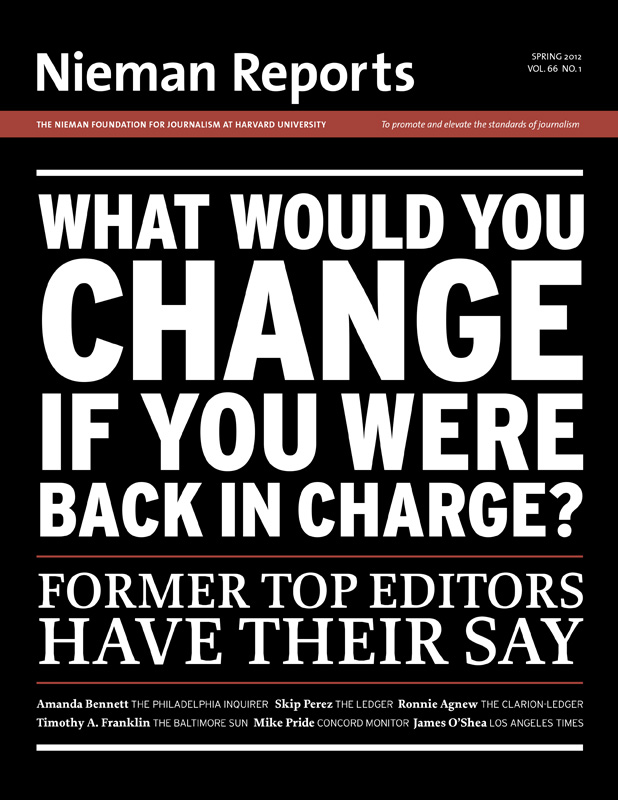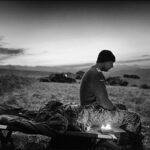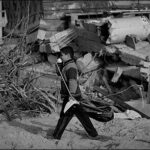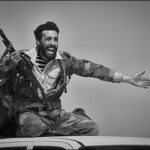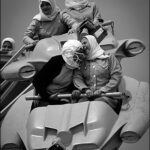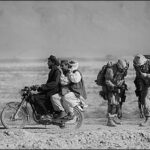Not a single year passes without a conflict or war. The 1992 siege of Sarajevo in the former Yugoslavia was the first conflict I covered. That one—because it happened in the heart of Europe—woke up the world, yet people outside of Europe felt removed from it.
That sense of distance fell away after 9/11. Today we are united in the feeling that war affects us all, that we all have a stake in the wars that rage on. While conflicts are now more frequent and protracted, their essence remains the same—two sides fighting over territory, power, competing ideologies.
Meanwhile technology has quickened the pace. In Benghazi, Libya I filed from the frontlines, and within seconds I was running with my equipment to the new frontline.
For me, covering conflict and war is the essence of journalism. My assignment, regardless of the era, is about people—civilians and soldiers. The legacy of any photographer is her or his ability to capture the moment, to record history. For me it is about showing the struggle and survival of the individual.
Conflict is not all that I cover. I like the Olympics and the World Cup. In sports, there is a start and a finish. With war, the story never ends. It keeps me coming back.
Anja Niedringhaus, a 2007 Nieman Fellow, is a photojournalist for The Associated Press. “At War” is published by Hatje Cantz.
